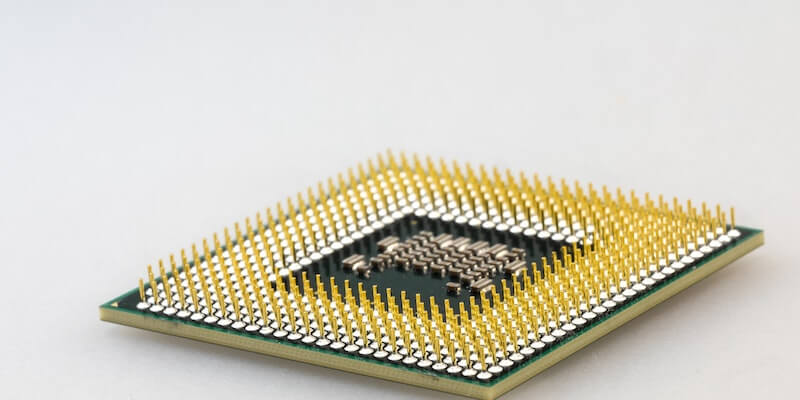Support patches for Intel’s highly anticipated Meteor Lake-S Desktop CPUs have recently been discovered, igniting speculation about the status of these processors. This revelation comes courtesy of Phoronix, who deciphered the clues through a pin control change found in the upcoming release of the Linux Kernel. While initial concerns arose about the cancellation of Meteor Lake-S, the latest developments suggest that Intel might still be actively developing these chips.
Inclusion of Meteor Lake-S Support in Intel’s Pinctrl Driver
Intel’s Pinctrl driver, a crucial software component, now includes support for the Meteor Lake-S CPUs. The addition of this support indicates that Intel’s developers are diligently working to ensure compatibility with the upcoming chips. The changes to the driver were implemented just hours ago and are expected to become visible upon the release of the new version of the Linux Kernel (Linux 6.5).
Timing of Changes and Visibility in the New Linux Kernel
The recent adjustments to the Pinctrl driver demonstrate Intel’s commitment to ongoing chip development. While it is exciting news for enthusiasts eagerly awaiting Meteor Lake-S, it is worth noting that these changes will only be apparent once the next Linux Kernel version is released. The inclusion of Meteor Lake-S support in the Pinctrl driver suggests that progress on these CPUs continues to move forward.
Implications of Existing Support for Other MTL Models
Interestingly, the new driver already supports various other Meteor Lake (MTL) models. The addition of support specifically for the Lake-S variant serves as a strong indication that Intel intends to bring these desktop CPUs to market. This development implies that Intel and its partners are actively exploring the use of Meteor Lake-S chips and are working to ensure their seamless integration into future systems.
Resolving Concerns over Meteor Lake-S Cancellation
Previously, concerns about the fate of Intel’s Meteor Lake-S arose when the Client CPUs roadmap seemed to omit any mention of the MTL-S line. However, the recent changes made by Intel’s developers provide a glimmer of hope for enthusiasts. These adjustments suggest that Lake-S may still be in development in some capacity, setting the stage for a potential release in the future.
Coexistence with Raptor Lake Refresh
Another possibility arising from the changes in the Pinctrl driver is that Meteor Lake-S might coexist with the recently revealed Raptor Lake refresh. This hypothesis proposes that Intel’s roadmap might include both chipsets simultaneously, catering to different market segments and advanced computing needs.
Exploring the MTL-S Lineup Details
Delving into the details of the Meteor Lake-S (MTL-S) lineup, it was previously revealed that these desktop CPUs will feature up to Core i5 SKUs and operate with TDPs (Thermal Design Power) ranging from 35W to 65W. This versatile range aims to meet the needs of various computing applications, striking a balance between power efficiency and high-performance capabilities. Moreover, the MTL-S lineup will be compatible with Intel’s new 800-series chipset platform, featuring the LGA 1851 socket.
Meteor Lake-S Dies Used for Arrow Lake-S CPU Validation
An intriguing piece of information gleaned from industry insiders suggests that Intel and its partners are utilizing existing Meteor Lake-S dies for validating the Arrow Lake-S CPUs. This indicates that the development of Meteor Lake-S is well underway and that these chips are being diligently tested in preparation for their eventual release.
In conclusion, the recent discovery of support patches for Intel’s Meteor Lake-S Desktop CPUs in the Pinctrl driver showcases the ongoing efforts of Intel’s developers in bringing these chips to market. While concerns about their potential cancellation surfaced earlier, the new changes hint at continued development and progress. As we eagerly anticipate the release of the next Linux Kernel version, speculation arises about the coexistence of Meteor Lake-S with the Raptor Lake refresh. With promising features, including versatile SKUs, compatibility with Intel’s chipset platform, and collaboration efforts for validation, it is becoming increasingly evident that Intel’s Meteor Lake-S CPUs hold significant promise for the future of desktop computing.

